Treasures of the Wild
The theme of the United Nations World Wildlife Day 2021, as announced by the Secretariat of the CITES, is: ‘Forests and livelihoods: sustaining people and planet’. Hence, this year, the U.N. World Wildlife Day commemorates the livelihood of people who depend on forests, and also the importance of forests to both humans and wildlife.
Customarily, people consider wildlife to be animals; specifically, undomesticated species. However, it has come to include all species of organisms that live in the wilderness; without being introduced by humans. Birds, mammals, reptiles, amphibians, fish, invertebrates, plants and fungi that are found in different types of ecosystems can be cited as examples for wildlife. All types of ecosystems, for example; forests, rainforests, grasslands, deserts and plains are habitats for wildlife.
Wildlife is of great importance and value for humans and nature. Wildlife has aesthetic values: almost everyone appreciates the beauty of it. The spectacular view of lush green forests, sunlight filtering through yellow-orange leaves in the autumn, elephants bathing in lakes and the cute antics of playful lion cubs- all these portray the aesthetic value of wildlife. Wildlife’s aesthetic value also affects its recreational value; popular recreational activities that are connected with wildlife, such as bird-watching, nature photography and landscape art, are fueled by the beauty of wildlife.
Moreover, wildlife plays an important role in maintaining the ecological balance of nature, which can be considered as its ecological importance. Animals and plants are important in carrying out and maintaining the food chain and nature cycles, and also in the normal functioning of the biosphere. Pollination, nutrient cycling, pest control and conservation of biological diversity are factors that further explain why wildlife is important ecologically. In addition to these, wildlife possesses scientific and educational values as well; it helps us learn and study about fauna, flora and their habitats, and utilize the information obtained in scientific analysis and environmental development.
Considering Sri Lankan wildlife; it also carries the aforementioned values- aesthetic, recreational, ecological, educational and scientific. In addition, Sri Lankan wildlife is of great importance in the sustenance and development of the tourism industry. Exotic flora and the plethora of wild species of fauna that can be seen in Sri Lanka serve as great tourist attractions. Elephants and leopards, besides being popular wildlife attractions of Sri Lanka, are considered culturally important species of our country.
Despite being immensely valuable and vital for the balance and sustenance of life on Earth, wildlife is often faced with threats. All living things have the right to live. Hence, it is extremely unfair that humans should try to ignore this right of the organisms living in the wild; it can be clearly said that a major portion of the threats to wildlife are caused by human activities.
Please click on the link below to read full article.,
http://subs.epaper.lk/Epaper
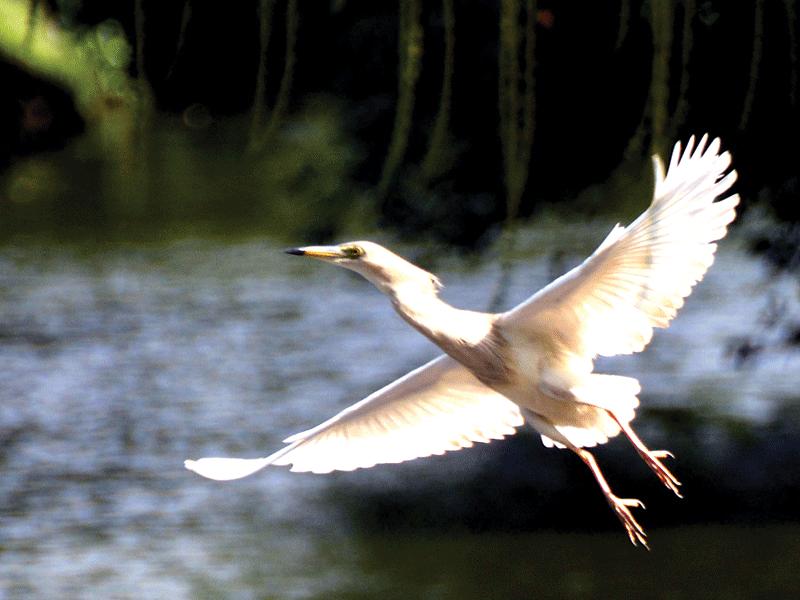
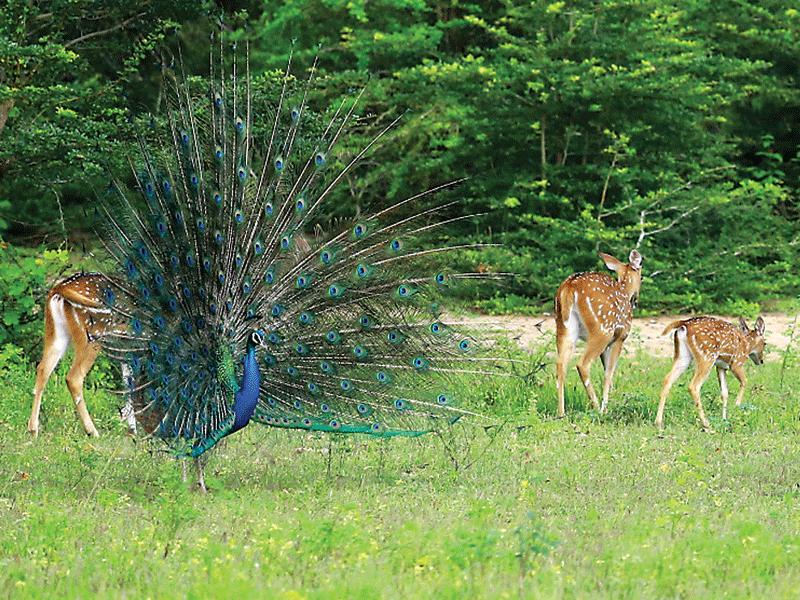
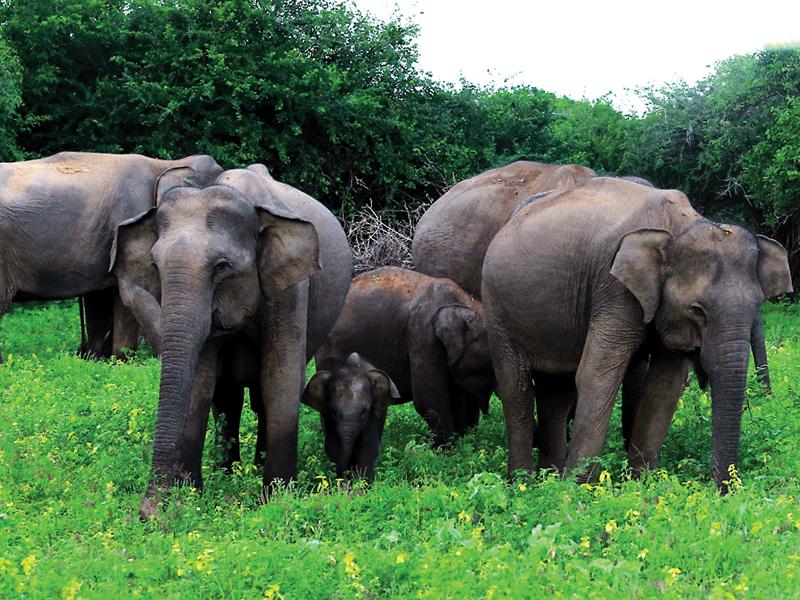
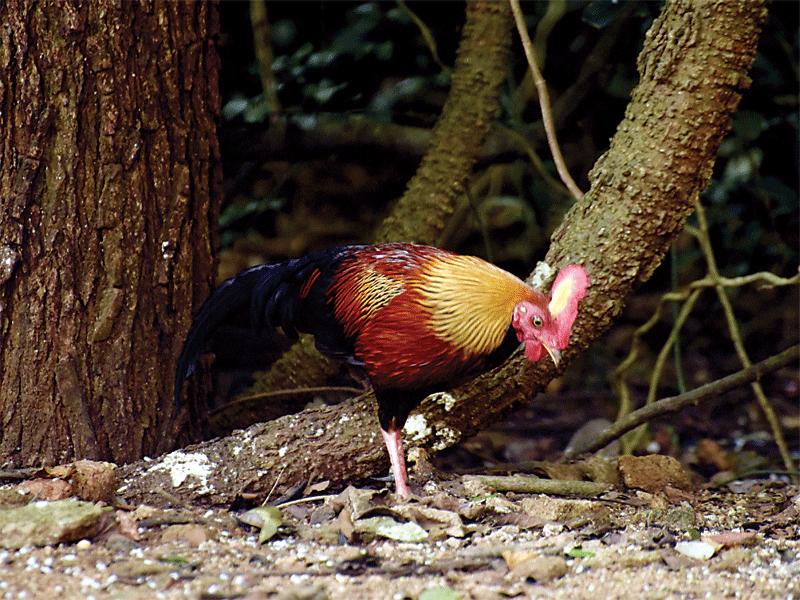
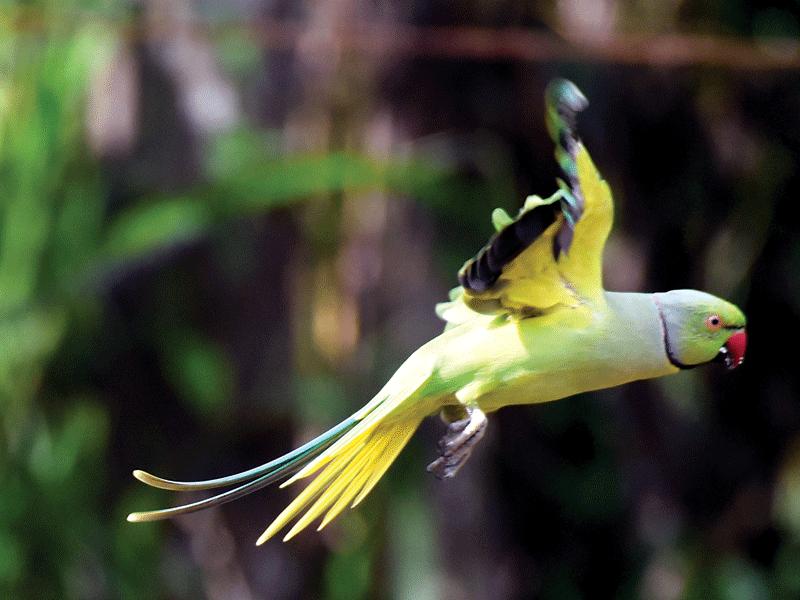
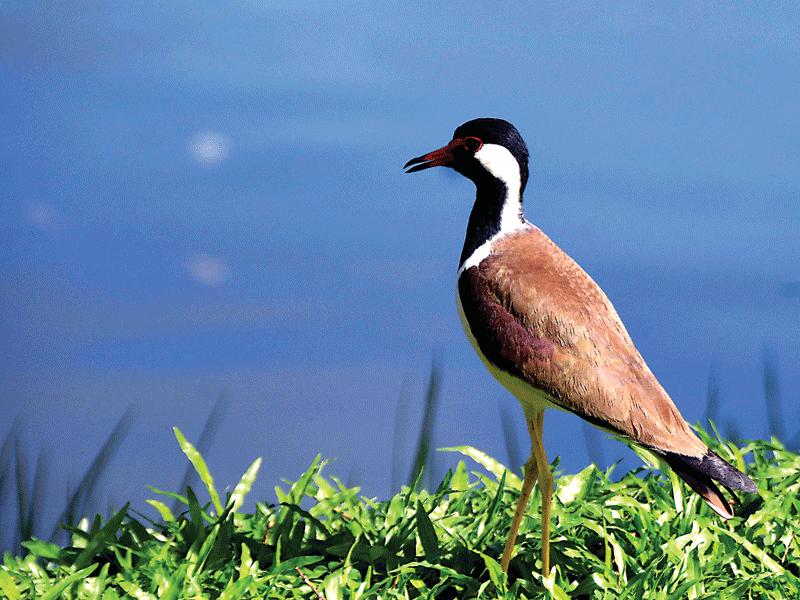
Leave a reply
Reply To:
Name - Reply Comment



Comments